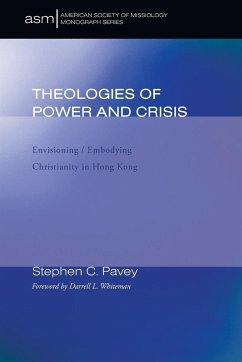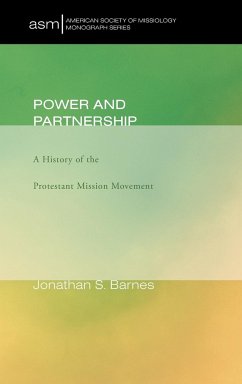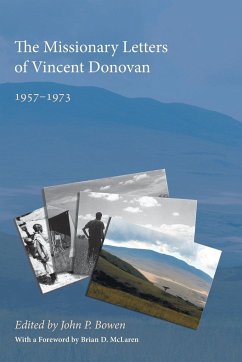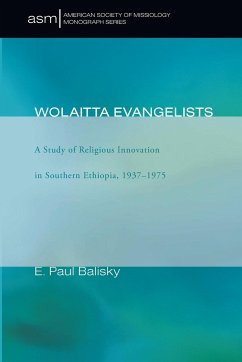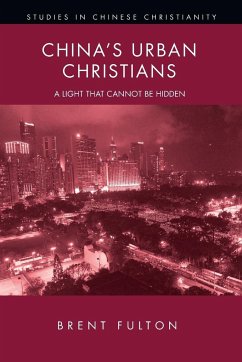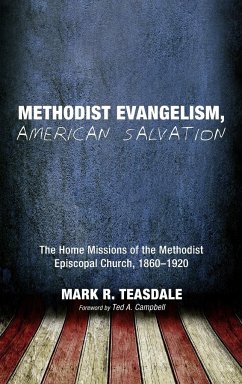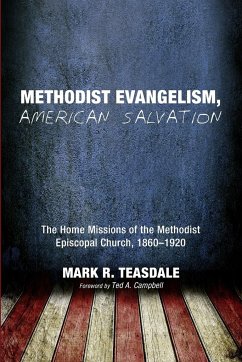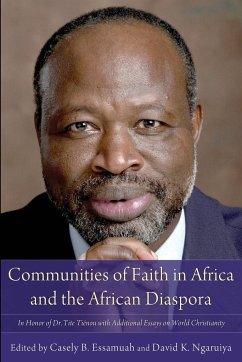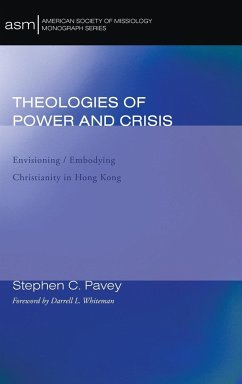
Theologies of Power and Crisis
Versandkostenfrei!
Versandfertig in 1-2 Wochen
33,99 €
inkl. MwSt.
Weitere Ausgaben:

PAYBACK Punkte
17 °P sammeln!
Theologies of Power and Crisis provides a case study for Eric Wolf's research directive to better comprehend the interplay of cultural (webs of meaning) and material (webs of power) forms of social life. More specifically, the book demonstrates how theological discourse and practice engage with historical and material relations of power. It has been normative to speak of power in terms of political and economic processes and theology in terms of interpretive and symbolic experiences. This work breaks new ground by linking theological ideas with political-economic processes in terms of the stru...
Theologies of Power and Crisis provides a case study for Eric Wolf's research directive to better comprehend the interplay of cultural (webs of meaning) and material (webs of power) forms of social life. More specifically, the book demonstrates how theological discourse and practice engage with historical and material relations of power. It has been normative to speak of power in terms of political and economic processes and theology in terms of interpretive and symbolic experiences. This work breaks new ground by linking theological ideas with political-economic processes in terms of the structural relations of power. Ethnographically, this research investigates the theological processes of Hong Kong Chinese Christians during a period of significant social change and crisis, precipitated by the return of Hong Kong to China in 1997. It shows how local Christians and Christian institutions mediated the significant regional, national, and transnational forces of political-economic change by connecting theological practice to the structural relations of power. The Christian response was a contested process closely intertwined with the broader contested processes of social organization. This study develops an understanding of Christianity that goes beyond ecclesiastical hegemony to encompass struggles over human practice, meaning, and representation in relation to the changing political-economic context. These findings implicate religious ideas and practice as significant to an understanding of social inequalities and powerlessness by connecting ideologies to material conditions. Christian ideas may be used to legitimize an oppressive social order or they may be used to liberate those who are oppressed. Issues related to the policies and practice of development should take seriously the role of religious beliefs and practices.





